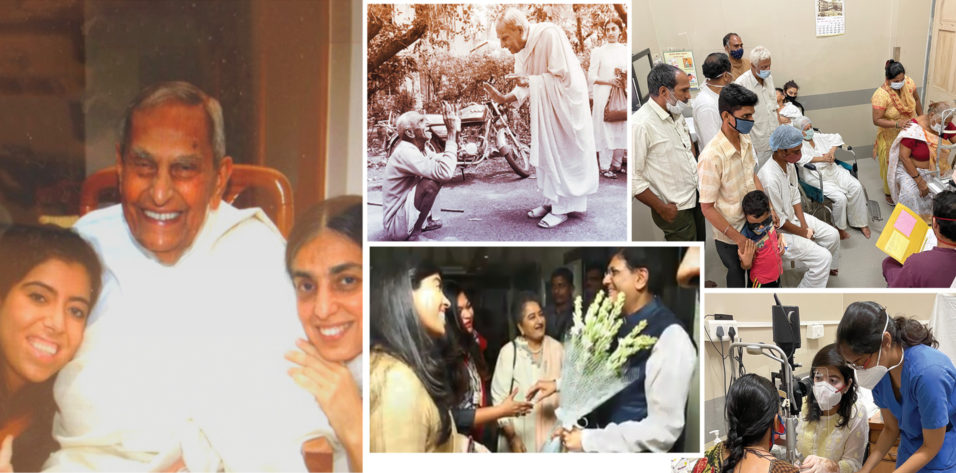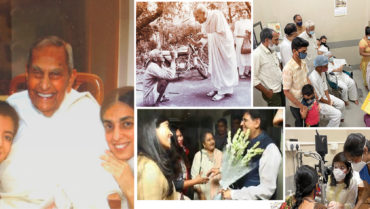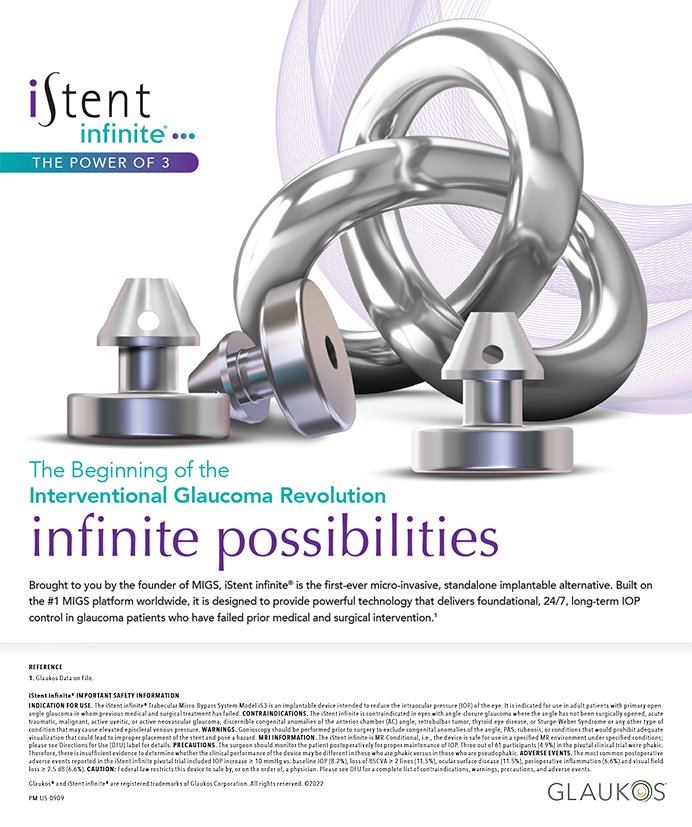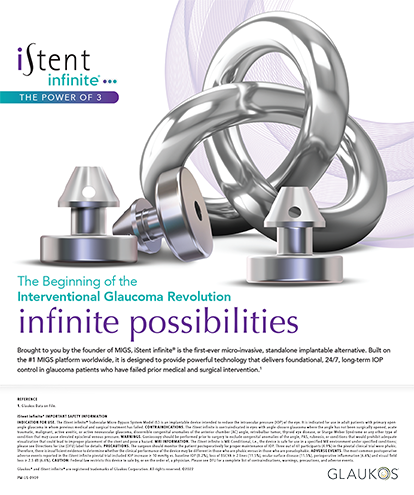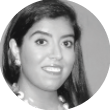
What is life all about? Is it just about earning millions, gaining fame, and living for oneself? Suppose one achieves all of that. What then? Questions such as these simmered in the back of my mind throughout my childhood. I looked to presidents, government heads, actors, sports personalities, and others, but nobody had answers that I found satisfactory.
My childhood was typical of someone born to an upper-middle-class family in the United States. The people I grew up around were attached to their physical possessions, but I could never relate to that. I always felt that there was more to life. I’ve spent much of my adulthood and career in pursuit of a life I find fulfilling—one that is of service to others.
American-born confused desi
I was a timid child because of the confusion associated with identifying with two different cultures. Indian Americans call this phenomenon American-Born Confused Desi or the ABCD. (Desi refers to a person of Indian birth or descent.) We’re American, but we’re also Indian. This can cause confusion, especially for kids. My grandmother used to take me to Indian dance classes and expose me to other aspects of our heritage, but schoolteachers would tell my family not to speak to me in any language other than English at home.
To add to this, when I was 10 years old, I was diagnosed with a skin condition called vitiligo, which progressively took over most of my body.
Living as an ABCD with two different cultures and two different skin colors left me feeling like an outsider on all fronts.
My Role Models
I have always admired great humanitarian leaders such as Sadhu T.L. Vaswani, Dada J.P. Vaswani, Mother Teresa, and Dr. Albert Schweitzer. When learning about their lives, I was awestruck by these humble icons who dared to leave a so-called treasured career or life of luxury to dedicate themselves to helping the poor and needy.
Many believe that the greatest gift in life is to meet a saint or holy one of humanity. I was fortunate that not one, but two humanitarian-saints—Dada J.P. Vaswani and Didi Krishna Kumari—came into my life and became my best friends. It is through them that I am finding the answers to those questions I’ve had since childhood.
These answers, however, are not just found in their words. It is also in their actions that I am learning what it means to live a life dedicated to those who are in need. I wouldn’t be where I am today without them.
Becoming an Ophthalmologist
Dada J.P. Vaswani founded many hospitals, including an eye care institution, for the underserved. Through him, I learned that many people in this world are unnecessarily blind, which ultimately inspired me to go into ophthalmology.
I went to the World Health Organization in Geneva, Switzerland, to work on the Global Burden of Disease Study.1 The aim of this research was to determine the prevalence of blindness in each part of the world. Through this work, I learned that 90% of blindness is preventable or treatable and that 90% of the people with preventable blindness live in developing countries. The experience pointed me toward my purpose.
I was thereafter awarded a Fulbright scholarship and worked for about 9 months in India at Dada J.P. Vaswani’s Sight for the Sightless initiative. This experience confirmed that I wanted to work in India delivering eye care to those most in need. First, however, I had to return to the United States to finish my internship, ophthalmology residency training, and fellowship program.
Moving to India
After finishing my corneal transplant fellowship at Duke Eye Center in 2018, I declined several interview opportunities with renowned institutions in the United States because I did not want to pursue the traditional career path for an ophthalmologist. I knew that delivering care to the underserved for short periods only to return to my comfortable life wouldn’t satisfy my desire to live in service to others. Dada J.P. Vaswani’s words kept ringing in my ears and inspiring me: “The endpoint of education is service and sacrifice.”
I moved to India in 2018 despite having no job or medical license there and no idea what I’d be doing next. I had just one aspiration, to be an instrument of service. My family thought I had lost my mind.
After about a year of writing letters to the heads of medical councils in India, Chief Minister Piyush Goyal, a member of the cabinet of the Prime Minister of India, Narendra Modi, agreed to hear me out and understood my reason for coming to India. I was soon thereafter granted my Indian medical license, and a few months after that, I was offered a full-time faculty position at King Edward Memorial Hospital in Mumbai, India. This hospital is one of the foremost academic hospitals in India, with 1,800 beds primarily dedicated to helping the poor.
Embracing the Silent Moments
I try to spend a few minutes sitting in silent meditation each day. It’s a practice that Dada J.P. Vaswani encouraged me to do, and it’s time I look forward to. I wish I had more time for it, but my work keeps me very, very busy.
My work is my seva—my service. It is what gives me the greatest meaning and happiness—both inside and outside of work—for life, as I know it, is gifted to me, not to be lived for myself alone but rather in the service of suffering humanity.
1. GBD 2019 Blindness and Vision Impairment Collaborators. Trends in prevalence of blindness and distance and near vision impairment over 30 years: an analysis for the Global Burden of Disease Study. Lancet Glob Health. 2021;9(2):e130-e143.

